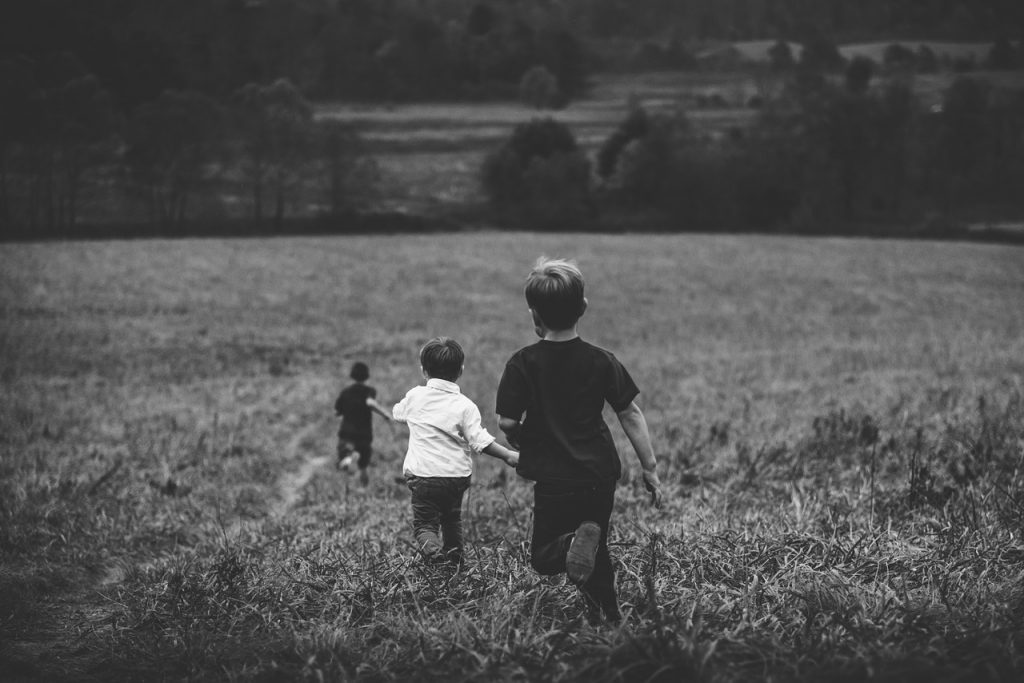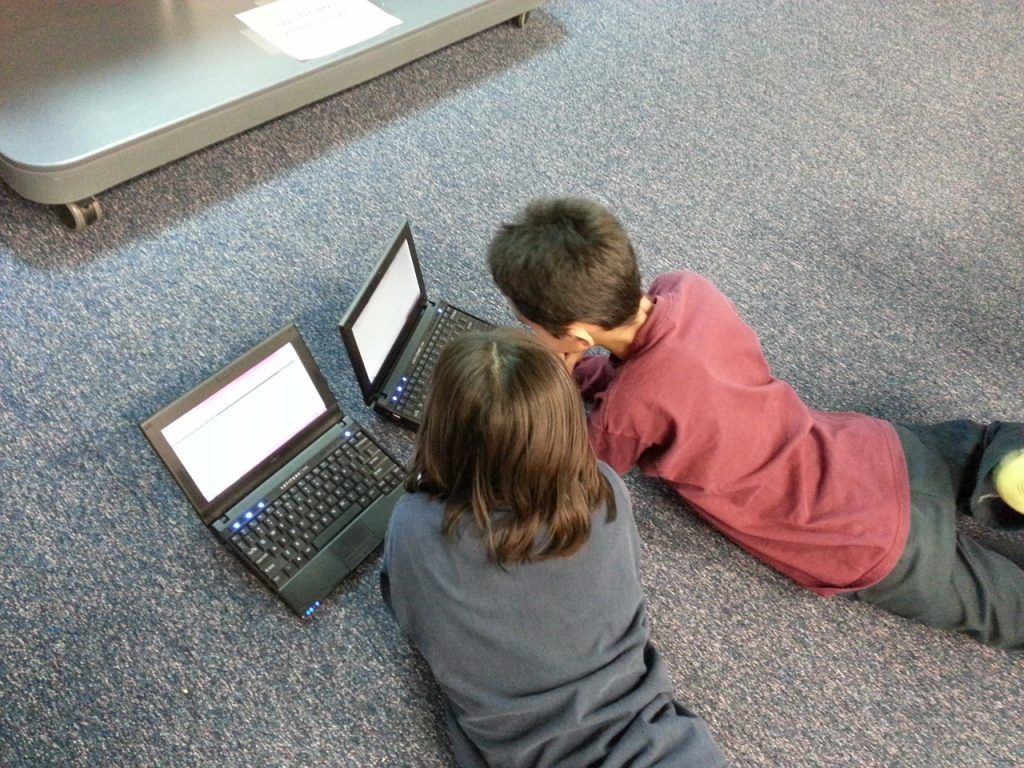Children without their friends due to Covid19 Pandemic
About 1.4 billion children worldwide are partially or fully locked due to a pandemic. In many countries of the world, they have not been able to play with their friends for a long time. All parents are aware of the spiritual change that children experience. They all feel lonely.

Peer Interaction
In order to restore their psychology; they should be allowed to play with their friends as soon as possible. Playing with peers is very important for children of all ages.
The benefits of playing together in the same age group can be listed as follows;
– Learning to regulate your emotions
– Learning to develop social skills
– Learning to create a sense of identity
Children who find it difficult to leave their parents during the pandemic manage this process better because their parents are with them. But the level of anxiety and fear they experience is the same for all.
Parents are concerned about the emotional state of their kids. They have a hard time managing their emotions during this period. In children with special educational needs, the situation is serious enough to require support.
In light of these concerns, the psychological situation of kids should be evaluated first in the decisions regarding the re-opening of schools.
With the removal of some prohibitions, the kids started playing with their peers for a short while. (#playfirst) With the support of schools, the mental state of them needs to be improved. Plans should be developed in partnership with families.
Parents think that the interaction of kids with each other is insecure. It is necessary to think about the social and emotional benefits of the game, especially in the open air. Public health professionals can be recommended to guide everyone on this matter.

Digital Interviews and Games
Children can also communicate with their peers through technology. Of course, this does not provide all the benefits of face-to-face social interaction, but it can be useful in the social attachment. The ideal is to spend physically active time. Interviews combined with active outdoor play may be more effective.
Parents often worry about the time that spent on the screen. Although they are not proven to harm alone, what they do is important on the screen. If they use the screen to talk to their friends and play games, the risks can be ignored during this period.
Older ones prefer video calling and chatting with friends. Other age groups choose to play online. Being part of the group can help them protect their sense of identity. Social media can help protect friendships.
For young ones, it is difficult to contact friends using technology. It will be more difficult to use technology to maintain contact. These kids can play games with appropriate content. Playing with parents and siblings will be important in their social and emotional development.
Considering home education, we face some difficulties for parents. But giving priority to the game always seems more useful. Playing with children is easier than educating them. Education with the game can, of course, be considered. Educators should pay attention to “game training” in the online education section.
As a result, technology is about to be an integral part of their lives for children and youth. However, face-to-face interaction needs to be encouraged for their mental and physical health. It is also important for families to be sensitive and educated in this regard.
Maybe you may be interested!



